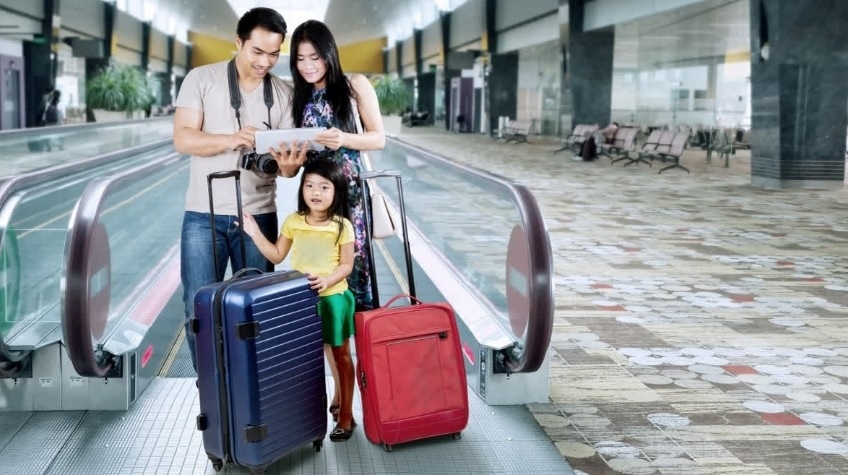Vacation Guilt Is Real In India, Here’s What Global Research Says About That

Now, contrast this with something brewing in Oregon, USA, where scientists at Oregon State University in the US have discovered that something as simple as walking outdoors can lower your stress, fight depression, and improve mental health. Their recent study, published in PLOS One, found that people who engaged in near-home outdoor recreation (like gardening, walking, or even just standing in their balconies with a cup of chai) showed measurable improvements in their mental health during the COVID-19 pandemic. They surmised that parks are not luxuries but infrastructure.
Mindset In India
In India, on the other hand, we treat breaks, parks, and paid time off like side dishes we didn’t order and don’t deserve. If outdoor recreation is medicine, then we are refusing the prescription.
Let’s talk about this workplace taboo. Taking a holiday in an Indian office often feels like betraying the motherland. There's this unspoken badge of honour around never taking a break. We are proud of our exhaustion. A tired employee is a hardworking employee. We see the 100-hour work week as ambition, not addiction.
What if this mindset is making us sick?
According to the Oregon study, a lack of access to green spaces and downtime is a mental health emergency. During the pandemic, people in the US who stayed close to nature (by walking around their neighbourhood or tending to plants) fared better emotionally. In India, many of us didn’t have that option. Gated societies kept people inside. Parks were padlocked. Breaks were discouraged.
The study also found that people who continued engaging with nature were far less likely to report depressive symptoms. Nearly 68% of respondents in the US turned to nearby outdoor activities like walking, while only 32% engaged in traditional sports or nature trips. That’s huge. It shows we don’t need a trip to the Himalayas. A tree-lined street, a short park walk, or a community garden can do wonders.
What India Can Learn
Imagine if our HR departments treated outdoor time the way they treat deadlines. What if we mandated “green breaks” the way we mandate biometric attendance? Policy shifts are needed. Municipal bodies should preserve and increase access to outdoor spaces. Workplaces should build mental health breaks into weekly schedules. Schools should teach kids that wellness is not selfish. And most importantly, we must stop apologizing for wanting a holiday.
The Oregan State University study says it’s that outdoor recreation is not a “nice-to-have.” It’s a “must-have.” Just like your phone’s battery needs a charger, your brain needs downtime. So yes, take that holiday. Walk in the park. Book a staycation. And if your boss objects, just tell them it’s science. Because the real question isn't whether we can afford to take time off. It’s whether we can afford not to.

